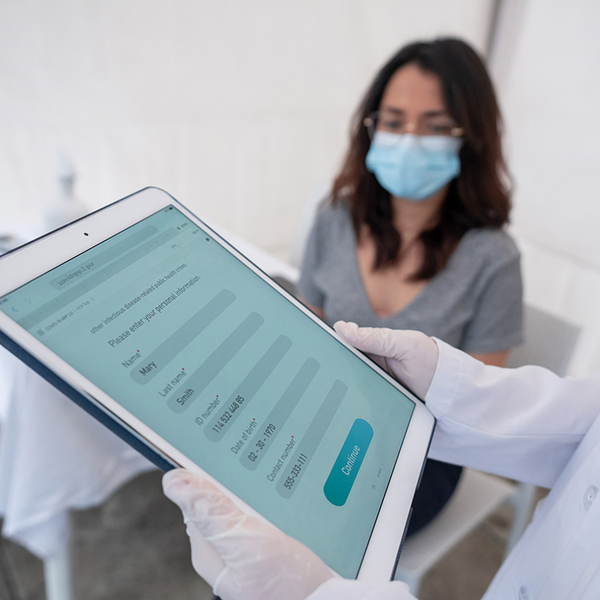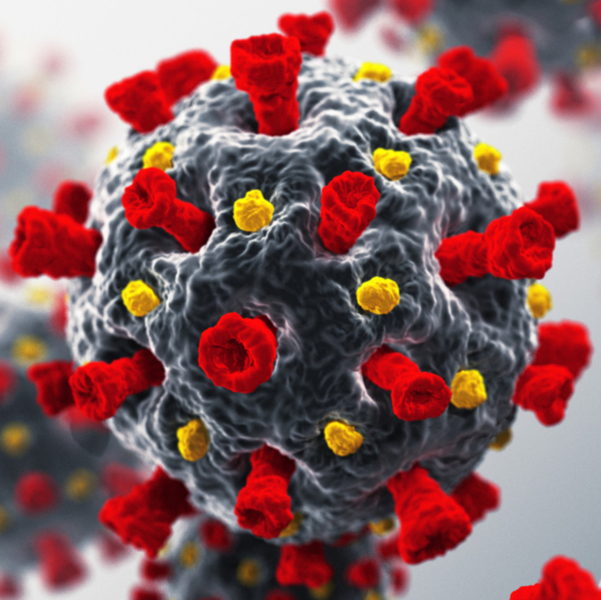Working Group Webinar Library
Webinar Library
Clinical Research Informatics
From Clinical Language Representation to Patient Representation using Electronic Health Records
The widespread adoption of Electronic Health Records (EHRs) has enabled the use of clinical data for clinical research and practice. Since a significant portion of relevant patient information is embedded in clinical narratives, natural language processing (NLP) techniques such as information extraction have become critical for using EHRs in clinical research. Meanwhile, encoding entire EHR data in a patient representation has shown promising results in predictive modeling, and could help clinical decision making and facilitate translational research. This talk will feature clinical NLP methodologies and applications, and discuss why learning better representations from EHRs is crucial for clinical and translational research.

A Fireside Chat with AMIA's CEO and NIWG
Nursing Informatics Working Group leaders Dr. Judy Murphy and Dr. Karen Dunn-Lopez sat down with AMIA CEO Tanya Tolpegin and AMIA Board Member Susie Hull to discuss how NIWG can have the biggest impact on the future of nursing.

Medical Scribes: An Unintended Consequence of EHRs
The employment of medical scribes to document in the electronic health record (EHR) on behalf of providers has become commonplace, but it could pose patient safety risks because scribes most often have no clinical training. This presentation will be based on a pre-COVID study published in JAMIA that investigated the work of scribes and identified best practices to assure that scribe use of the EHR is not a patient safety risk. It will be enhanced with a discussion of the impact of the pandemic on the safe use of scribes.

Applied Health IT Innovations in the COVID Era
Over the course of the COVID-19 pandemic, the UC San Diego Health clinical informatics team set the pace with the world's first publication describing EHR optimization for COVID, the first imaging AI tool in production to help identify COVID pneumonia, the first pilot of smartphone exposure notification in California, and the first health system in the United States to issue digital vaccine records. This was followed by several NEJM articles with the first real-world effectiveness study of the COVID vaccines (March 2021), followed by the first United States demonstration of waning effectiveness in healthcare workers (September 2021), prompting the CDC to recommend booster shots for those at high occupational risk. In this talk, learn the stories behind these accomplishments and how the pandemic catalyzed the UC San Diego Health journey to becoming a learning health system.

OHDSI and the HADES Unit-Test-A-Thon
Demonstrating the power of the open source community, Martijn Schumie coordinated a group of 32 OHDSI (Observational Health Data Science Informatics) collaborators to participate in the HADES (Health Analytics Data-to-Evidence Suite) Unit-Test-A-Thon as a means to introduce new community members to HADES code and improve the overall coverage of unit tests within HADES. He presented a background on OHDSI - the tools, ecosystem, and community - and described how he was able to make the Unit-Test-A-Thon such a success.
